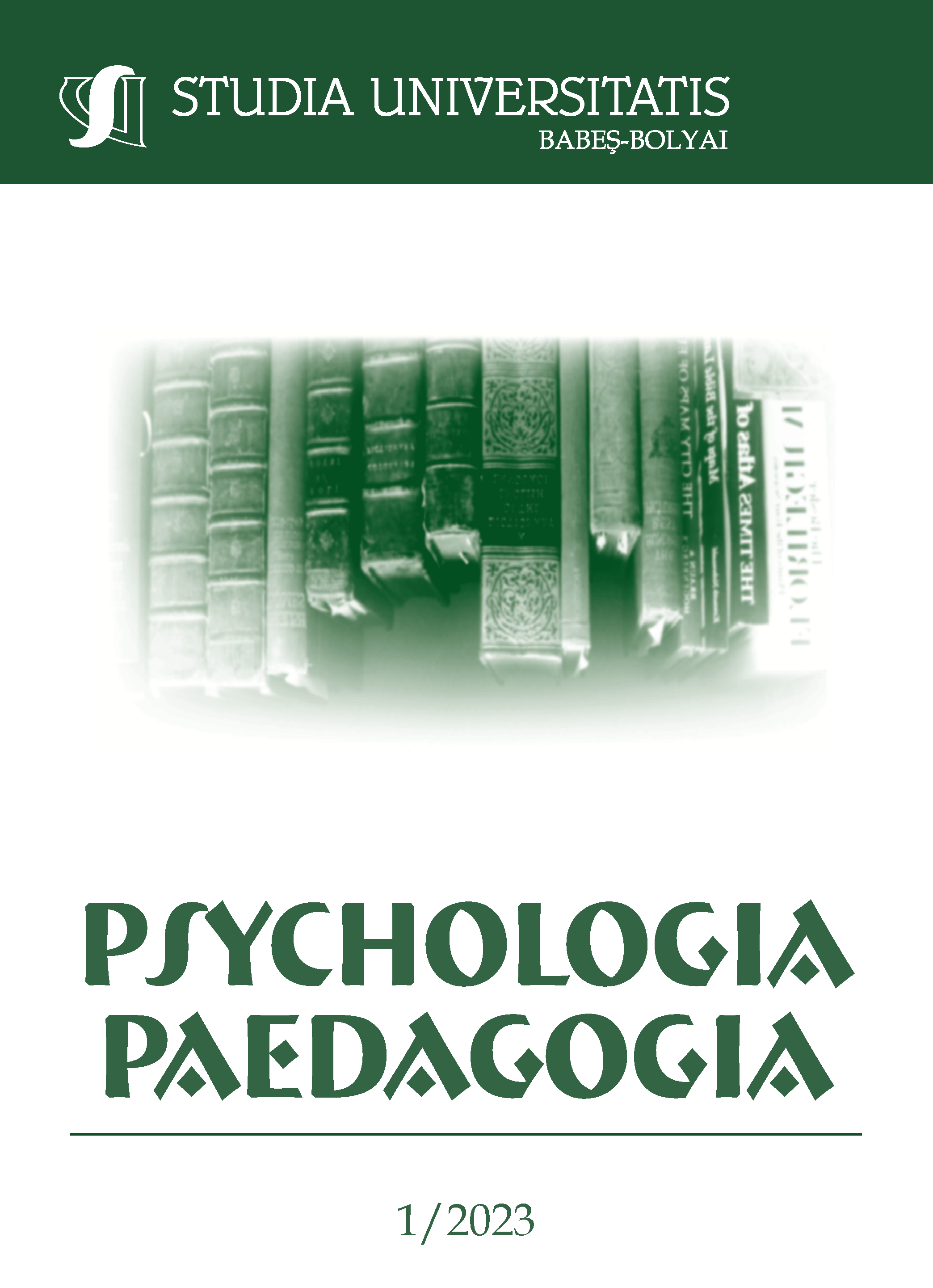MOTIVATION PROFILE AND WELLBEING IN TRANSYLVANIAN HUNGARIANS WITH TYPE 2 DIABETES
MOTIVATION PROFILE AND WELLBEING IN TRANSYLVANIAN HUNGARIANS WITH TYPE 2 DIABETES
Author(s): Kármen Sulyok, Kinga Kálcza-Jánosi, Ibolya KottaSubject(s): Clinical psychology, Evaluation research, Health and medicine and law
Published by: Studia Universitatis Babes-Bolyai
Keywords: type 2 diabetes; glycemic control; autonomy; competence; relatedness; wellbeing; illness characteristics; diabetes-related knowledge;
Summary/Abstract: Diabetes is a complex endocrine disease with a series of complications and it represents a significant public health concern globally and regionally in Romania. Specific aspects of motivation as well as mental wellbeing are considered to be related to diabetes management. When the psychological needs are supported, people experience better quality motivation, higher sense of wellbeing and tend to maintain desirable behaviors. Our objective was to examine the predictive role of motivation and wellbeing variables on glycemic control in patients diagnosed with type 2 diabetes in Transylvania, Romania. We also targeted other relevant factors (demographic parameters, clinical illness characteristics, diabetes-related knowledge) which influence optimal glycemic control. Participants (N=232) were Hungarian speaking adult patients from Transylvania, Romania, diagnosed with type 2 diabetes. Demographic and clinical data sets were collected. Participants completed a set of questionnaires developed to measure motivational dimensions, subjective wellbeing and diabetes-related knowledge. Targeted motivation variables were established based on Self-Determination Theory. The study followed an observational correlational design. Hierarchical multiple regression models were used to investigate the predictors of glycemic control. Results show that perceived competence and autonomous motivation have increased predictive power on optimal glycemic control, but the effect of motivation is partially mediated by wellbeing components. Illness related characteristics like vascular complications, comorbidities and illness duration proved to be essential predictors of glycemic control. Illness duration seemed to have a specific effect on glycemic control for patients living in Transylvania, longer duration predicts better glycemic control. Future research should examine the topic using an experimental design.
Journal: Studia Universitatis Babes-Bolyai - Psychologia-Paedagogia
- Issue Year: 68/2023
- Issue No: 1
- Page Range: 5-27
- Page Count: 23
- Language: English

